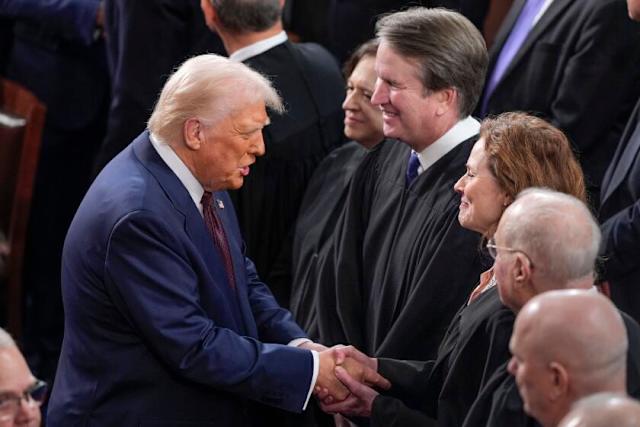Lawyers Urge Supreme Court to Uphold Ban on ‘Third-Country’ Deportations Amid Due Process Concerns
In a significant legal confrontation, immigration attorneys are imploring the U.S. Supreme Court to maintain an injunction that prevents the federal government from deporting noncitizens to third countries—nations where they have no prior ties—without ensuring adequate legal safeguards. This appeal arises amidst the Trump administration’s efforts to expedite removals to volatile regions like South Sudan and El Salvador, actions that have sparked intense legal and human rights debates.

Legal Battle Over Deportations to Third Countries
The controversy centers on a ruling by U.S. District Judge Brian Murphy in Massachusetts, which halted deportations to third countries unless the government first demonstrates that individuals will not face torture or persecution upon return. The Trump administration has challenged this decision, arguing that such judicial requirements disrupt executive authority over immigration and complicate sensitive diplomatic efforts.
Solicitor General John Sauer contends that these court-imposed procedures are causing significant delays in the deportation process, particularly affecting cases involving individuals deemed national security threats. The administration’s emergency appeal to the Supreme Court seeks to lift the injunction, emphasizing the need for swift action in matters of immigration enforcement.
Due Process and Human Rights Concerns
Immigration advocates argue that the administration’s approach undermines fundamental due process rights. They highlight cases where individuals have been deported without adequate opportunity to contest their removal or assess the dangers they might face in the receiving countries.
One notable case involves a Guatemalan man, identified as O.C.G., who was deported to Mexico despite a U.S. immigration judge’s order protecting him from removal due to risks of persecution. After being sent to Guatemala by Mexican authorities, O.C.G. went into hiding. A U.S. district judge later ruled his deportation lacked due process and ordered his return to the United States.
Similarly, the deportation of over 100 Venezuelan migrants to El Salvador under the Alien Enemies Act has drawn legal scrutiny. U.S. District Judge James Boasberg ruled that these individuals must be allowed to challenge their removals, criticizing the lack of notice and opportunity to contest the deportations.
Supreme Court’s Role and Implications
The Supreme Court’s forthcoming decision holds significant implications for immigration policy and the balance of power between the judiciary and the executive branch. A ruling in favor of the administration could grant broader authority to conduct expedited deportations without comprehensive legal review, potentially affecting thousands of noncitizens. Conversely, upholding the injunction would reinforce the necessity of due process protections, even in cases involving national security considerations.
Legal experts emphasize that the outcome will set a precedent for how the U.S. handles deportations to third countries, particularly concerning individuals who may face harm upon return. The case underscores the ongoing tension between immigration enforcement objectives and the protection of individual rights under the Constitution.
As the Supreme Court deliberates, the decision will not only impact current deportation practices but also shape the future framework of U.S. immigration policy and the extent of judicial oversight in matters of national security and human rights.


Comments are closed, but trackbacks and pingbacks are open.